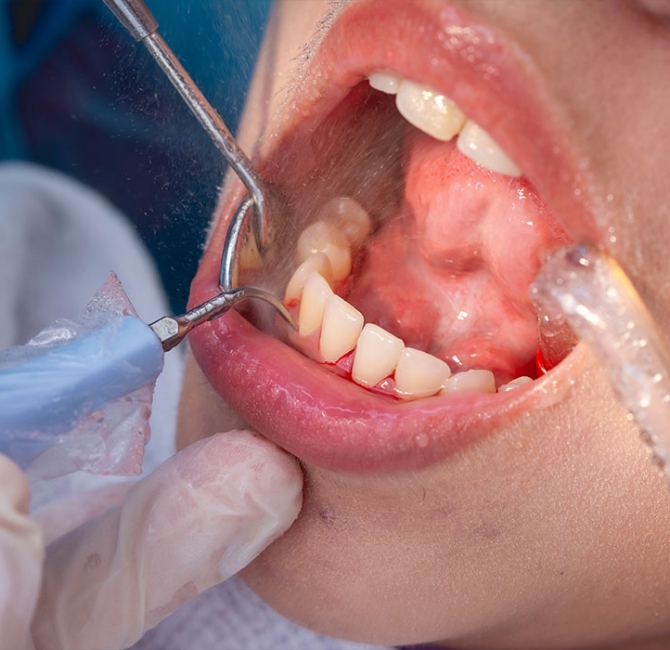Introduction Pregnancy-related oral health conditions can occur from hormonal changes, altered immunological responses, and changes in oral hygiene and food habits. Poor oral health during pregnancy has been linked to adverse pregnancy outcomes, such as premature birth, low birth weight, and preeclampsia. Recognizing oral problems during pregnancy and applying prevention and management techniques to promote oral health is critical for both the pregnant person and the developing fetus.
Purpose This review provides an overview of pregnancy-related oral conditions, with an emphasis on gingivitis, periodontitis, dental caries, pregnancy tumours, and xerostomia. The study also highlights the significance of oral health during pregnancy, investigates the health effects for the pregnant person and fetus, and provides practical prevention strategies and management techniques.
Methods A literature search was conducted using electronic databases such as PubMed and Google Scholar from 1st September to 1st October 2023. The search was limited to papers published in English within the last ten years to ensure validity and relevance.
Conclusions The study highlights the various oral problems that may arise during pregnancy and their potential consequences on oral and overall health. The study emphasizes the importance of prioritizing oral healthcare during pregnancy to ensure the well-being of both the pregnant person and the developing fetus.
Clinical significance Oral problems may arise during pregnancy and affect both the pregnant person and the fetus, and if left untreated, can result in pain, swelling, and tooth loss. Recent studies suggest an association between periodontal disease and adverse pregnancy outcomes, emphasizing the importance of oral care throughout pregnancy. Routine exams, preventative measures, and oral self-care are critical for optimum oral health. Oral health professionals are essential to help pregnant individuals maintain their oral health and general well-being.



